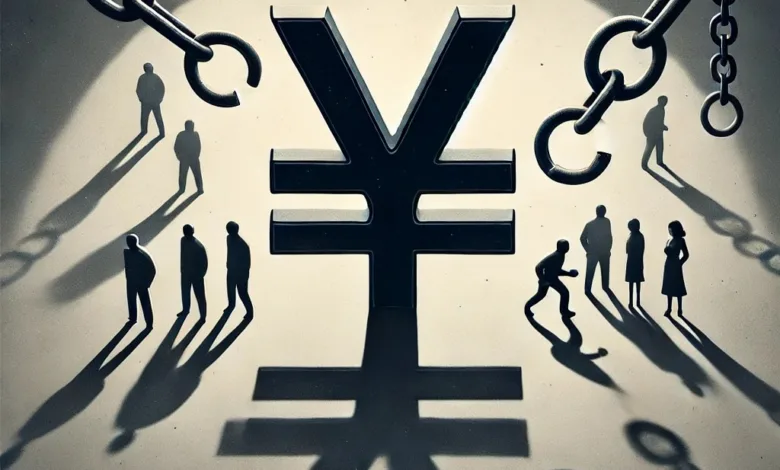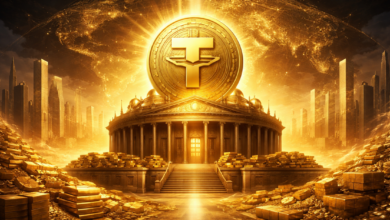
A prominent Japanese cryptocurrency entrepreneur recently addressed the skepticism surrounding Bitcoin among his compatriots. Many Japanese citizens view Bitcoin as a currency without intrinsic value, but Koji Higashi challenges this notion by questioning the foundation of the Japanese yen.
The Perception of Bitcoin in Japan
Koji Higashi, a significant figure in the cryptocurrency world, has sparked debate by criticizing the traditional view that Bitcoin lacks backing. He asserts that many Japanese people fail to understand that their national currency, the yen, is supported by what he describes as “economic hostages.”
Reevaluating the Japanese Yen
Higashi presents a provocative argument, suggesting that the Japanese yen is maintained by the hard-working citizens who tirelessly pay taxes and save in yen, despite facing financial hardships. He challenges the assertion that Bitcoin’s lack of tangible backing is a flaw, pointing out the yen’s reliance on the labor and compliance of the Japanese people.
Declining Quality of Life in Japan
Higashi’s comments reflect broader concerns about the deteriorating quality of life in Japan. Over the past decade, many Japanese citizens have struggled with stagnant wages, insufficient pensions, and the challenges posed by inflation and a declining currency. These economic pressures have turned many Japanese individuals into silent contributors to the yen’s stability, despite the growing burden of taxes driven by bureaucratic expansion.
Bitcoin’s Market Dynamics
Currently, Bitcoin is trading at $97,834, according to TradingView data. This valuation raises questions about the potential political and corporate influences on cryptocurrency markets. Higashi’s statements have led to discussions about whether cryptocurrencies are being co-opted by state and corporate entities, echoing concerns raised by Bitcoin evangelist Roger Ver about the original Bitcoin (BTC) being influenced by powerful interests.
The Role of Stablecoins in the Crypto Ecosystem
Amidst these discussions, the role of stablecoins, particularly Tether, comes under scrutiny. Some, like Bitcoin advocate David Shattuck, criticize Tether as “unredeemable,” while others argue for its legitimacy. The debate highlights the complex relationship between stablecoins and traditional fiat currencies, especially given Tether’s significant denomination in US dollars.
Conclusion: A Complex Financial Landscape
The discourse surrounding Bitcoin versus the Japanese yen underscores the intricate financial landscape in Japan and globally. As cryptocurrency continues to evolve, it challenges traditional views on currency backing and economic stability. Higashi’s statements invite a reevaluation of what it means for a currency to have value, urging a closer examination of the systems that uphold both fiat and digital currencies.
“`
This rewritten content aims to enhance SEO by incorporating relevant keywords and providing a more comprehensive exploration of the issues discussed. The structure with HTML headings improves readability and organization.







